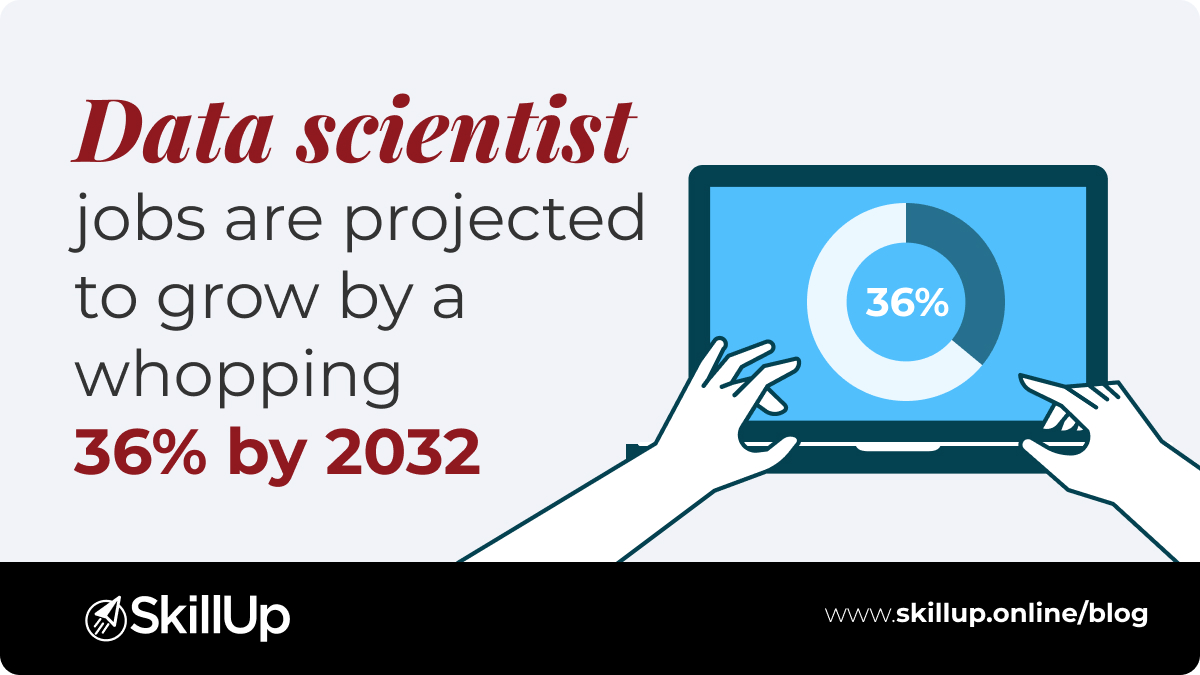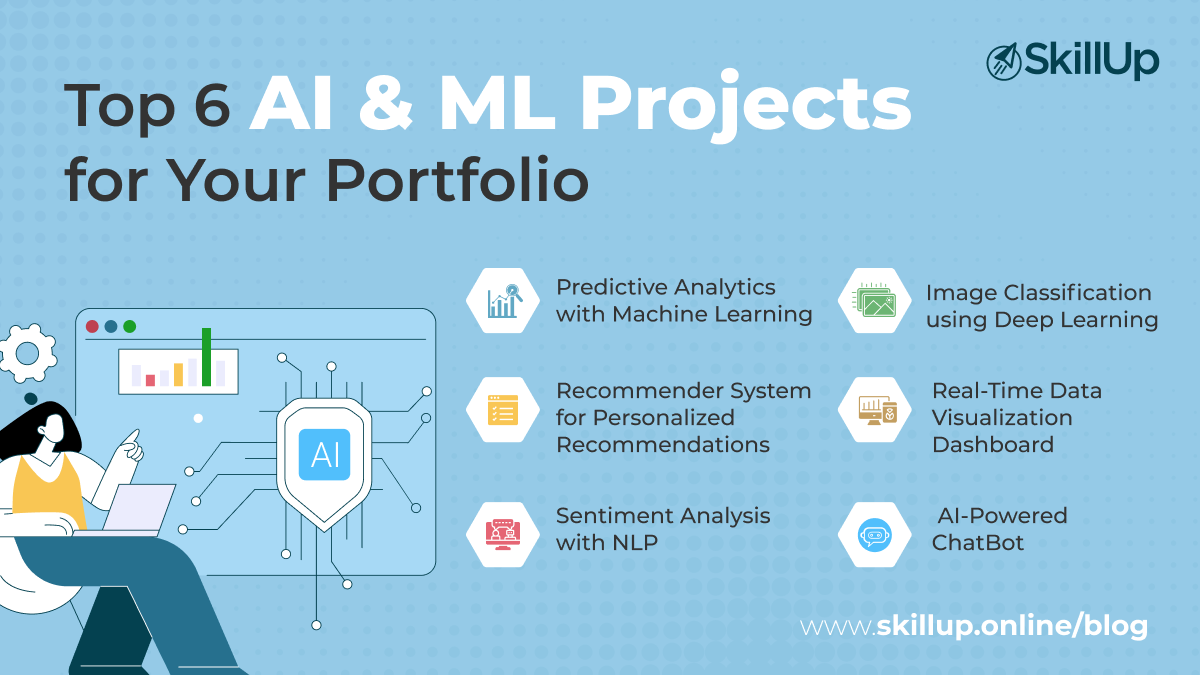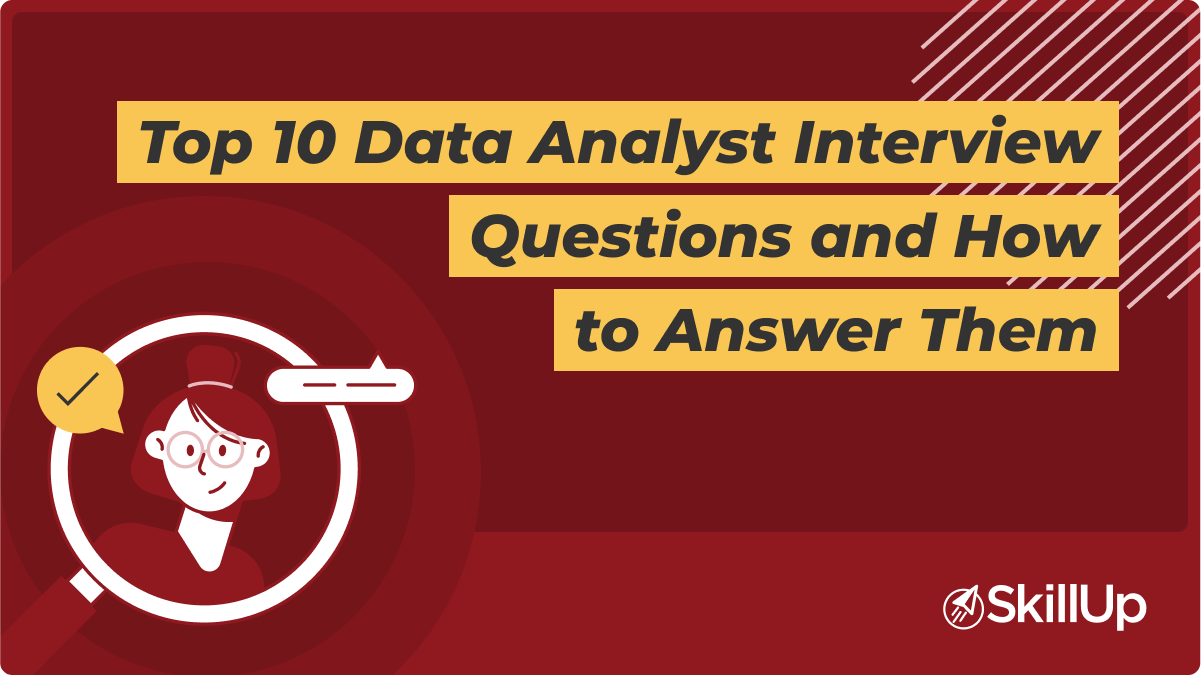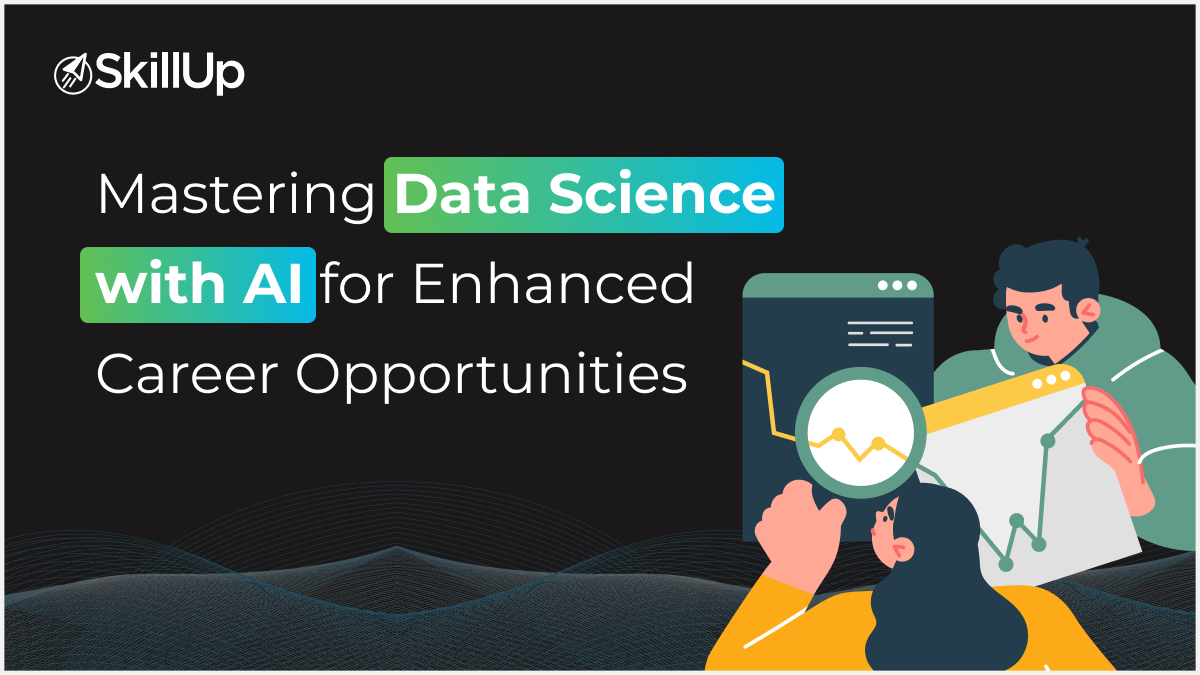Did you know that 90% of data in the world today has been created in the last two years alone? That’s because every day, we create 2.5 quintillion bytes of data.
That’s a lot of data that needs to be processed, analyzed and turned into meaningful — and sometimes highly valuable — insights that help businesses, people, and the world we live in. And this is what’s given rise to the concept of Big Data and a demand for technical professionals who understand how to navigate this brave new world.
Big Data is broadly considered any data sets large enough to exceed the capabilities of traditional data processing application tools. Big Data is more specifically defined by Gartner in its “3V” model as data that meets criteria in:
- Volume: The volume of data organizations handle can progress from megabytes to terabytes and even petabytes.
- Velocity: Data has gone from being handled in batches and periodically to having to be processed in real time.
- Variety: The variety of data has also diversified from simple tables and databases through to photo, web, mobile and social data, and the most challenging: unstructured data.

The world of big data is evolving almost as quickly as the data itself. To become a big data expert you’ll need to skill up in those areas of Big Data that are in high demand. Here are the skills and tools you should consider learning if you are interested in becoming a Big Data professional.
Five skills you’ll need as a big data expert
Hadoop
Hadoop is an open-source framework that is used to manage data processing and storage for big data applications running in clustered systems. The vicinity around Hadoop includes a range of other open-source technologies that can complement and extend its elemental potential like MapReduce, HDFS, Hive, Pig, and others.
Many companies are utilizing Hadoop clusters very often, meaning that aspiring professionals should become proficient in this technology.
Programming Skills
It is vital to understand how to code and conduct numerical and statistical analysis with large data sets. Some of the languages of particular importance are Python, R, and Java. Tools such as R, HIVE, SQL, Scala, and HIVE are something that you should be comfortable with.
HIVE, SQL, Scala, and HIVE are something that you should be comfortable with.
Python is a popular option for Big Data processing due to its simple usage and wide set of data-processing libraries. It is also preferred for making scalable applications and its ability to integrate easily with web applications.
R is a programming language used primarily for statistical analysis. R’s flexibility is a strong point because you can run it on almost all operating systems. In addition, R has excellent graphical capabilities, which can come in useful when trying to visualize patterns and associations within systems.
SQL and NoSQL
SQL is the data-centered language that works as a base for the Big Data era. The knowledge of Structured Query Language will essentially be an added advantage to the programmers while working on big data technologies like NoSQL. It is also an important part of the Hadoop Scala warehouses.
The NoSQL databases including Couchbase, MongoDB, etc. are replacing the traditional SQL databases like DB2, Oracle, and others. These distributed NoSQL databases help in meeting the Big Data storage and access needs. This complements the expertise of Hadoop with its data-crunching ability.
Professionals with NoSQL expertise are sure to be able to find opportunities everywhere.
Data Visualization
Data visualization tools like Tableau, Excel, and Power BI can help in understanding the analysis performed by the analytics tools. The complex Big Data technologies and processes carried out are tough to grasp, and this is where the role of professionals come into the picture.
A professional well-versed with data visualization tools can get a chance to grow in their career with big brands and enterprise-size organizations.
Machine Learning
Machine learning is a set of algorithms that train on a data set to make predictions or take actions to optimize systems. When these learning algorithms are automated, it is called AI and more specifically, deep learning. With the elevation in machine learning, more analytic projects will be assigned to intelligent systems, which will not only detect patterns in data but will also self-improve based on experience.
And this is a significant area of interest and expansion for many companies, putting experts in this field in high demand. Data scientists need to understand machine-learning techniques such as supervised machine learning, decision trees, logistic regression, and others. These skills help engineers figure out various data analytical problems based on predictions.
Becoming a Big Data Expert
These are the five effective skills that will lead to a successful Big Data career. It’s an incredible time to progress in this field. Now it’s time to start building these skills.
Ready to start learning? We make it easy, with the Microsoft Professional Program in Big Data. The curriculum includes the key functional and technical skills, combining highly rated online courses with hands-on labs, concluding in a final capstone project.
Happy learning!

CEO, SkillUp Group




